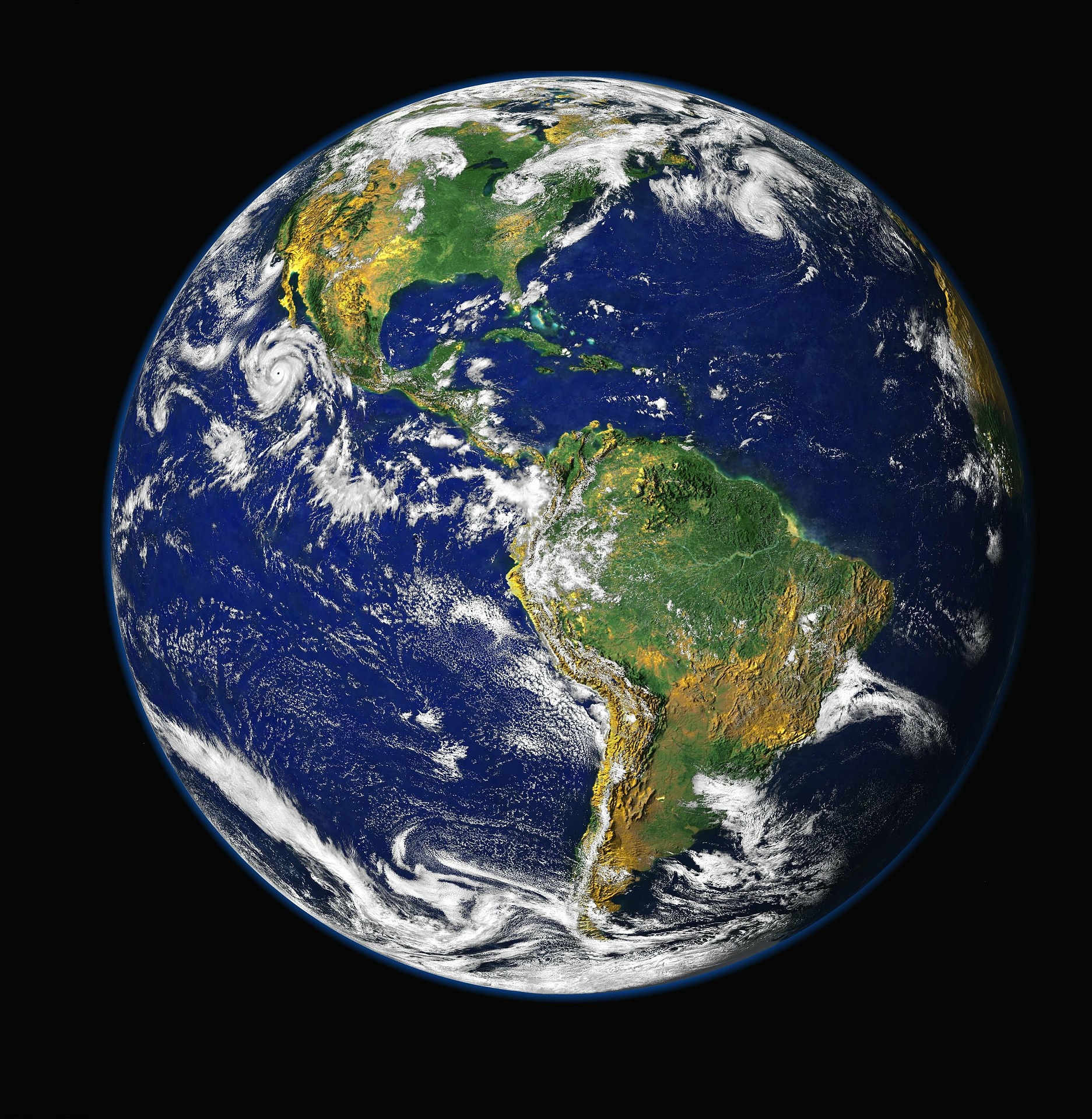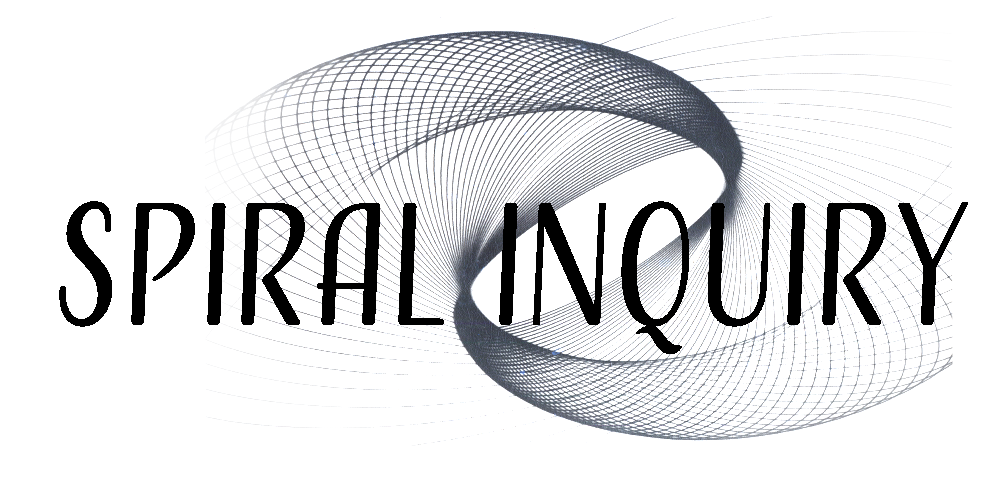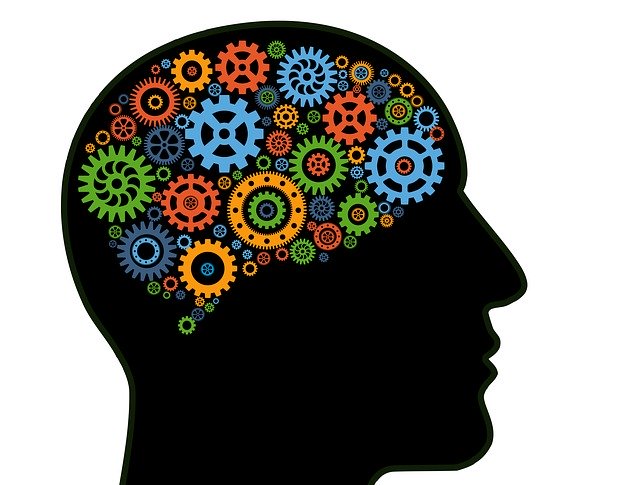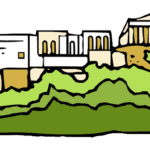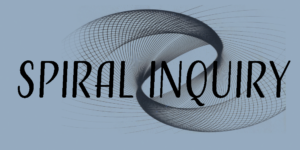Reasoning is What Humans Do
Yet we do not try to assess the quality of our cognitive reasoning processes very often. How do we know that we are thinking well? We can sometimes tell the difference between a good decision and a bad decision from the consequences we experience. But a positive outcome could also be the result of luck, not good reasoning. And there is usually no way of knowing, after the fact, if a decision to go in one direction rather than another was better. We cannot know how the other direction would have turned out. We might as ewell take Yogi Berra’s advice: “If you see a fork in the road, take it.”
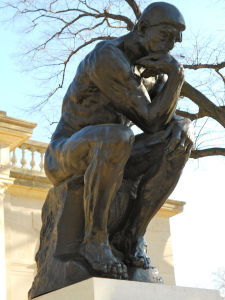
As human beings, we all have an amazing capacity for learning, thinking and deciding. We do this constantly, and yet we rarely stop to consider how these cognitive processes, our reasoning, actually work. Our lives move forward in a trajectory that may often seem chaotic or accidental, and there are many factors beyond our control. Yet most of us believe that our thoughts and decisions do play an important role in shaping the trajectory of our life. Our reasoning makes a difference.
How Good is Our Reasoning?
The quality of our reasoning has to be determined by looking in more detail at the process, not just at the consequences. We need to examine the reasoning process in order to make informed judgments about whether our reasoning is good or bad. The goal of perfect reasoning is illusory and will always be beyond our grasp. But not is important to reflect on how we think to make useful judgements on whether it tis the best we can do. This does not mean we will never make mistakes. But we can reduce our errors and improve our “hit rate” in making better decisions.
Global Implications
This exercise is not only useful for purposes of self-improvement. Humans have been reasoning their way through life for millennia. The consequences have sometimes been better, and sometimes worse. Ancient texts document the strengths and weaknesses of human reasoning. They also explore the profound consequences of good and bad thinking by our ancestors.
For most of our history on this planet, human decisions caused only local effects at the individual, community and tribal levels. Today, in the 21st century CE, things are very different. Our choices interact with those of 7.5 billion other humans. The effects are global. The trajectories of our own lives, of our human institutions and of the natural world are now rapidly shifting in unpredictable ways. Many of the changes are irreversible. What drives these changes are the choices we all making, choices which then cascade through the complex webs of human and natural systems.
Thinking well is more important than ever.
